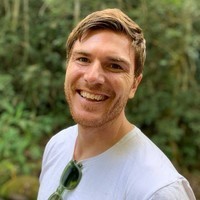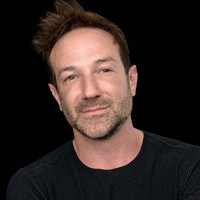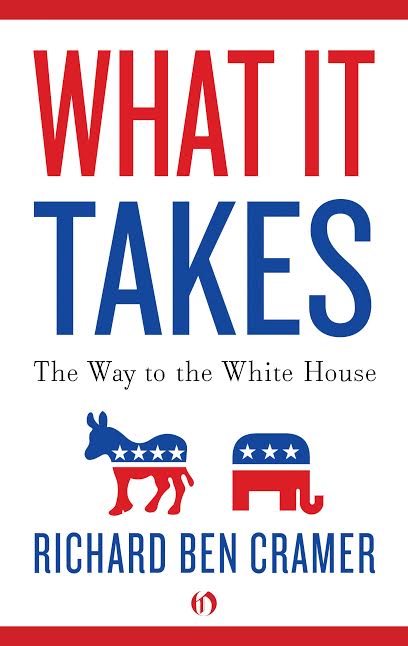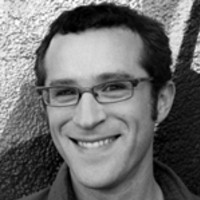How Your Cat is Making You Crazy
Jaroslav Flegr and his theory about Toxoplasma gondii, a parasite found in cat feces:
If Flegr is right, the "latent" parasite may be quietly tweaking the connections between our neurons, changing our response to frightening situations, our trust in others, how outgoing we are, and even our preference for certain scents. And that’s not all. He also believes that the organism contributes to car crashes, suicides, and mental disorders such as schizophrenia. When you add up all the different ways it can harm us, says Flegr, "Toxoplasma might even kill as many people as malaria, or at least a million people a year."












